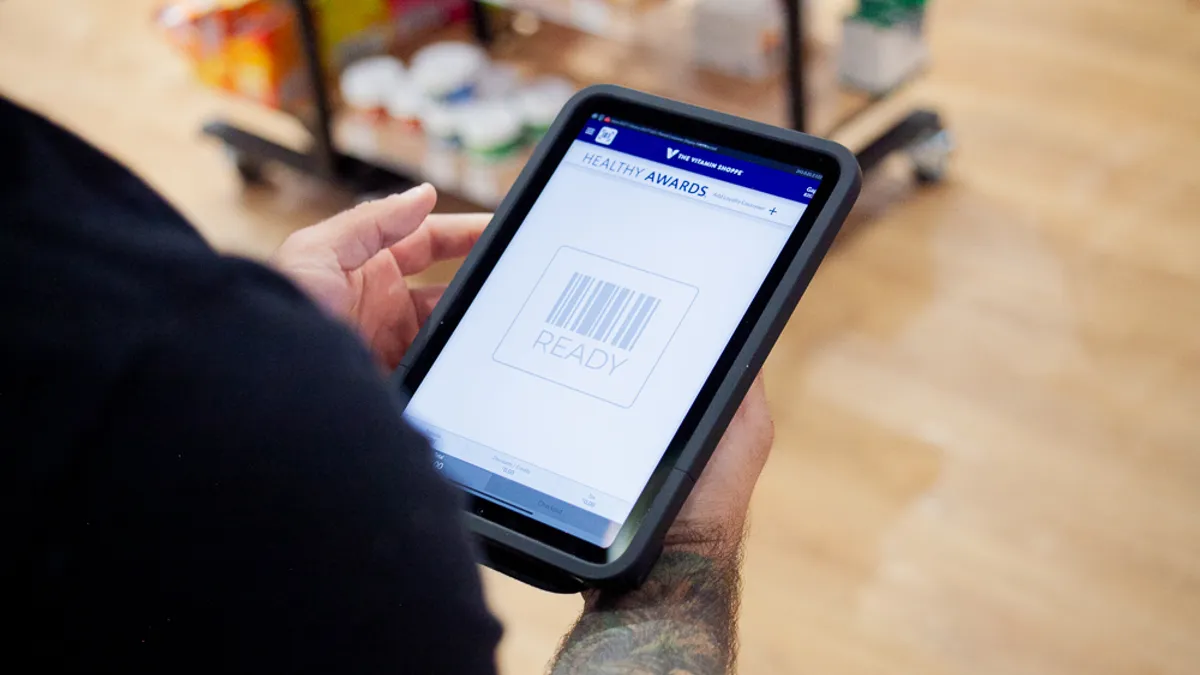Dive Brief:
- Customers have high expectations for website browsing, and slow websites can break the experience. A November survey from web hosting provider Liquid Web found that 2 in 5 customers are frustrated when a website takes more than 10 seconds to load.
- A slow website isn’t just frustrating for the customer, but a friction point that can lead to lost revenue. Three-quarters of shoppers faced with slow website speeds have simply abandoned a cart, the survey of more than 1,000 consumers found. Nearly 2 in 5 have left purchases valuing over $100 as a result.
- That adds up, especially during high-traffic months around the holidays. While the average abandoned cart amounts to $65, Christmas shoppers on average leave about $70 worth of purchases.
Dive Insight:
Slow websites can lead to not only the loss of sales in the short term but the loss of customer trust in the long term.
Just over half of consumers say a website’s speed is a reflection of a brand’s quality.
While trust can buy businesses second chances, it doesn’t always make concessions for third or fourth chances. Three-quarters of customers said they would wait longer for a website to load from a brand they know and love, but half of consumers said they permanently lost trust in a brand after one to five poor website experiences.
The stakes are high, Jean-Christophe Pitié, chief marketing and partnerships officer at Contentsquare, told CX Dive earlier this year via email.
“The cost of customer acquisition is rising; brands are spending more money to drive people to their site and app,” Pitié said. “And they can’t afford to get it wrong.”
Contentsquare found that customers’ top complaints about website experiences were JavaScript errors and webpages that were slow to load.
Fortunately, most of the leading causes of frustration are avoidable hurdles, Pitié said. “Technical issues or slow page loads can be easily spotted and are generally quick fixes. What can mitigate ongoing issues is continuous monitoring of the experience and a holistic approach to customer understanding.”













